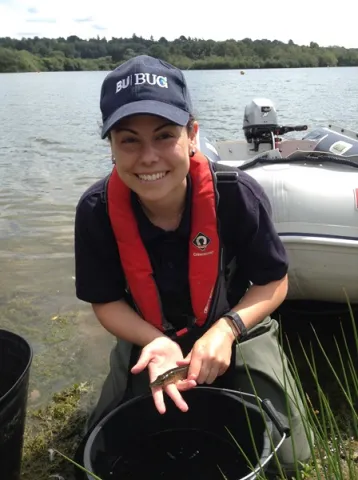About the project
ENCORE assesses the effectiveness of managed realignment as a nature-based solution (NbS) in the UK to enhance biodiversity, support climate adaptation and improve resilience in coastal communities. It combines empirical biodiversity, physical and social data. The combined datasets will feed into a socio-ecological model to evaluate NbS benefits and trade-offs.
What the project sets out to do
By investigating managed realignment sites across the UK, we aim to determine how well these areas support (1) biodiversity, (2) physical environment and (3) communities’ resilience to adapt to climate change, contributing to evidence-based recommendations for expanding NbS approaches (Stafford et al., 2021).
What is involved
The project includes a comprehensive literature review that informs the selection of the managed realignment sites where the PhD student will collect and analyse existing and new empirical data, with community engagement also achieved through citizen science initiatives. The PhD student will gain hands-on experience with ecological fieldwork (e.g. coastal and aquatic surveys; e.g. Lønborg et al. 2022) and geospatial data collection (e.g. drone surveys; Guillot et al., 2018), using tools like CoastSnap (Harley and Kinsela, 2022) to monitor coastal changes. Additionally, the candidate will collect qualitative data from local communities to capture perceptions of NbS trade-offs, benefits and barriers (e.g. Anderson et al. 2021). Data will be integrated into socio-ecological models (e.g. agent-based modelling and Bayesian belief networks; Lippe et al., 2019; Dominguez Almela et al., 2024) to predict the performance and scalability of NbS across diverse locations, evaluating ecological and socio-economic trade-offs.
Impact
The project has strong potential for applied environmental impact. By developing scalable models and insights into NbS trade-offs, we contribute valuable knowledge to policymakers and stakeholders. Long-term, this work supports the broader goal of establishing resilient coastal systems, aligned with UK biodiversity and climate adaptation targets.


